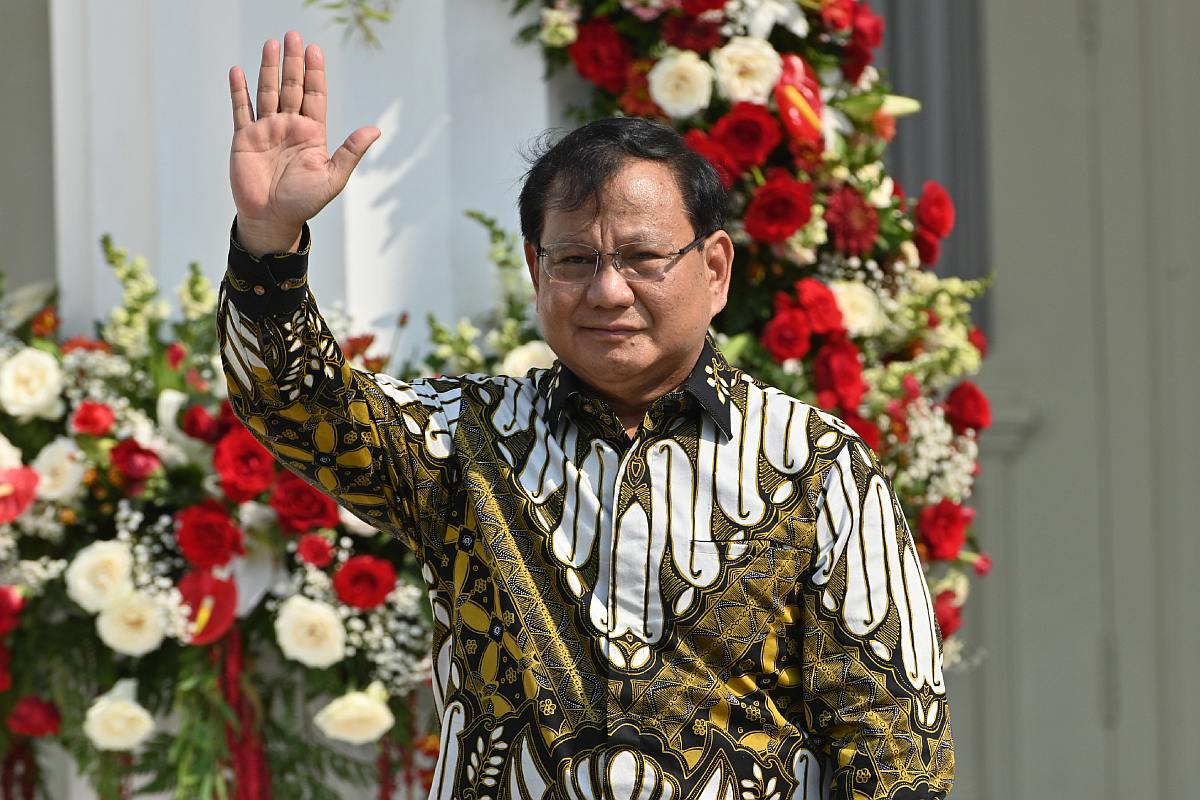In the wake of Prabowo Subianto’s recent victory in Indonesia’s Presidential election, the world is brimming with anticipation and scepticism. The former special-forces general turned President-elect envisions a more influential Indonesia, echoing calls for the nation to step into the spotlight of South-East Asia and global affairs.
As the dust settles, observers are left pondering the potential trajectory of his foreign policy. One striking aspect of President-elect Subianto’s approach is his emphasis on bolstering defence and military ties with Western nations. The lifting of the ban by the United States in 2019 marked a turning point, allowing Mr Subianto to fortify connections dating back to his infantry training in the 1980s.
Advertisement
His subsequent shopping spree for Western weaponry signals not just a modernisation drive but a strategic alignment with major global players, including America, France, Britain, Turkey, and Australia. However, Mr Subianto’s penchant for bold and sometimes erratic initiatives raises concerns about the consistency of Indonesia’s international engagement. A case in point is his recent peace plan for Ukraine, which drew parallels with President Vladimir Putin’s playbook and left Indonesian diplomats uneasy. To navigate the complex terrain of global diplomacy, Mr Subianto will need a skilled foreign minister capable of providing coherence to Indonesia’s foreign policy initiatives.
Another pivotal consideration is the potential for a tilt towards authoritarianism under Mr Subianto’s leadership. This prospect has not escaped the watchful eye of the international community, which values the democratic norms established since the fall of Suharto in 1998. While recent erosions under outgoing President Jokowi have been noted, the hope remains that Indonesia’s commitment to democracy will withstand any authoritarian impulses from the new administration. Mr Subianto’s promise to continue “Jokonomics” ~ the drive for infrastructure investment and green metals like nickel ~ suggests a foreign policy strategy anchored in economic pragmatism. Wooing China, a crucial supporter for such ventures, becomes imperative. Despite past anti-China sentiments, Mr Subianto now expresses positivity towards the Asian giant. However, reconciling this stance with potential encroachments into Indonesian waters or managing disputes with the West poses a delicate challenge.
One of the greatest uncertainties lies in Mr Subianto’s ability to navigate the intricate web of competing loyalties inherent in Indonesia’s non-aligned stance. While he asserts that Indonesia has only friends and no enemies, the reality is more nuanced. The prospect of Chinese vessels encroaching further into Indonesian waters or facing American protectionism against Chinese content in Indonesian electric vehicles presents a diplomatic tightrope that Mr Subianto must skilfully walk. Mr Subianto’s vision for Indonesia’s enhanced global role holds promise, but the devil, as they say, is in the details. Striking the right balance between East and West, democracy and pragmatism, will define his legacy and shape Indonesia’s standing in the world. The international community watches, aware that the choices made in Jakarta will reverberate far beyond its borders.











